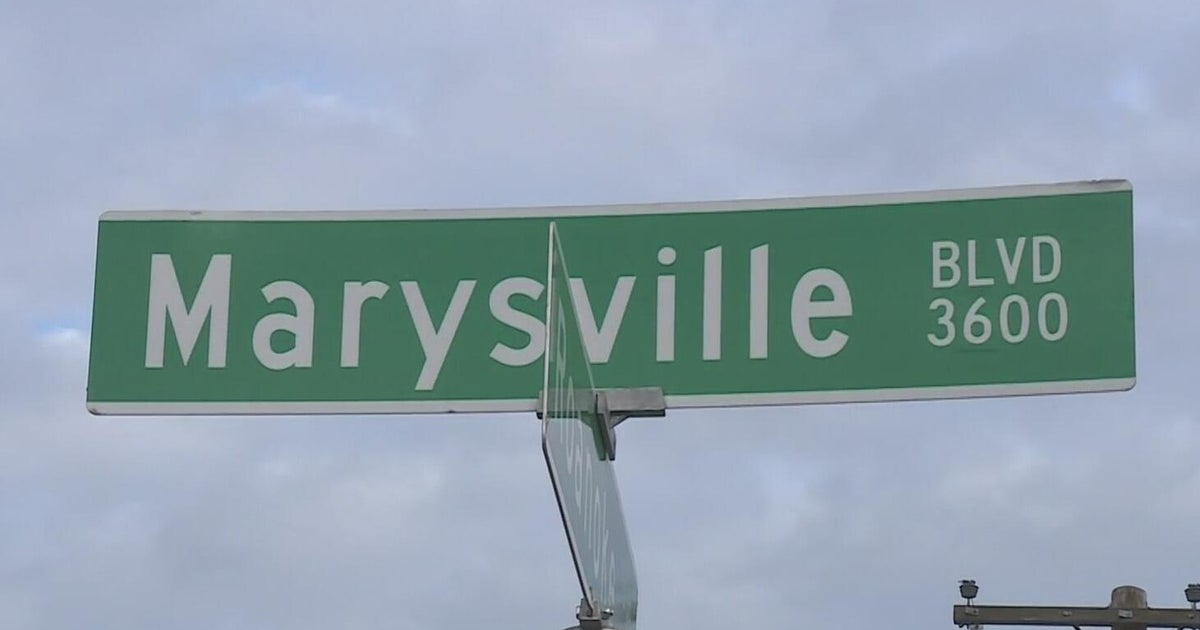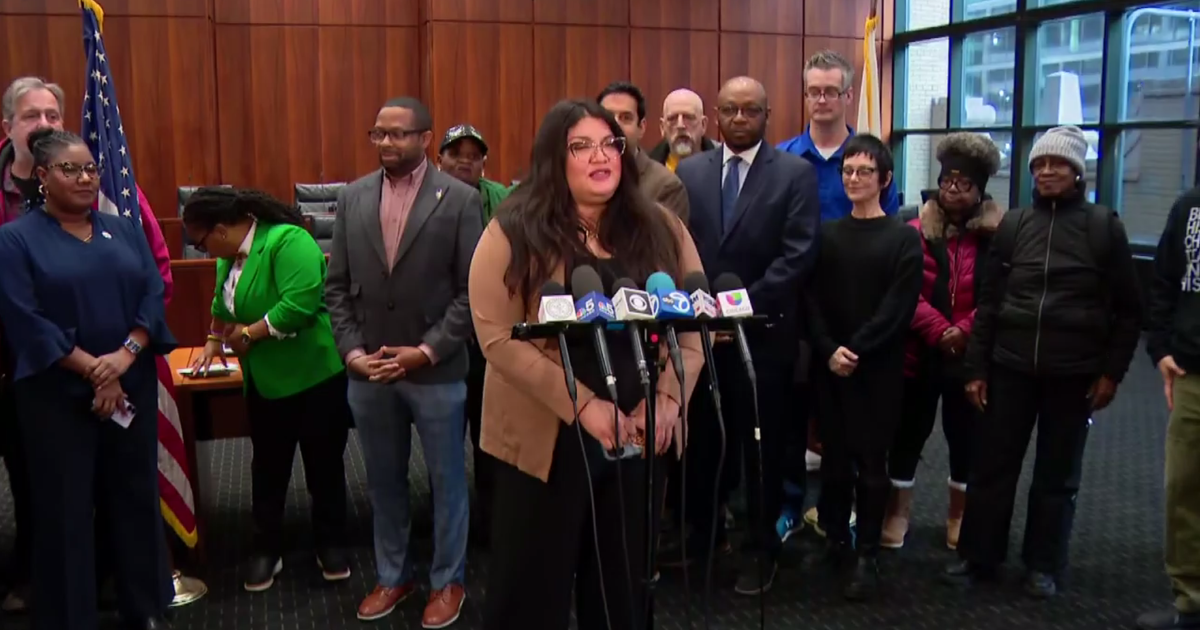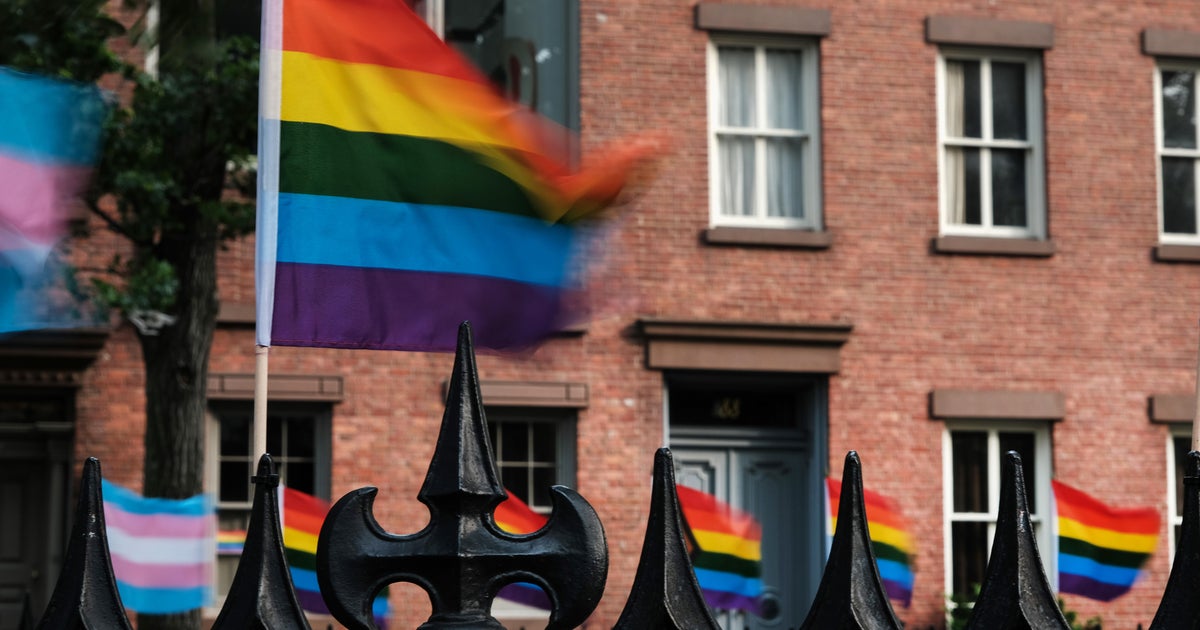State Assembly Advances Bill Removing Involuntary Servitude Amendment
SACRAMENTO (CBS SF/AP) — California joined other states this week in efforts to remove "involuntary servitude" as a constitutionally protected form of punishment, a move aimed at formally severing the remnants of slavery from the law.
The U.S. Constitution bans slavery, but it allows involuntary servitude for the punishment of a crime. Many state constitutions say the same thing, including California's.
But a movement to get rid of those exceptions has been gaining momentum across the country. Colorado was the first state to get rid of the exception in 2018, and voters in Utah and Nebraska followed in 2020.
Monday, the California Assembly approved a bill that would eliminate involuntary servitude in the state for any reason. The bill now heads to the state Senate. If the bill clears the state Legislature before the end of June, it would be put on the statewide ballot this November for voters to decide.
"The nature of this measure is importantly symbolic," Assemblymember Ash Kalra, a Democrat from San Jose, said Monday before the vote. "Our constitution serves as the guiding principle for all other state laws. There is no place for slavery, force labor or involuntary servitude on our books."
While slavery was outlawed nationwide in 1865, states for decades used the constitutional exception for involuntary servitude to make money from their prison populations. States would lease inmates — mostly Black men — to private companies for work. The state made money, but the inmates were not paid.
That "convict lease" system doesn't exist anymore. In California, state courts don't include labor as a condition of criminal sentencing. But California inmates are required to either work or participate in education or rehabilitative programs.
Jobs include things like clerks, painters and carpenters. Some inmates can apply for jobs that earn them industry-accredited certifications for things like meat cutting, coffee roasting and maintenance of health care facilities.
Inmate salaries range from a low of 8 cents per hour to 37 cents per hour, or a minimum of $20 per month and a maximum of $56 per month, according to a legislative analysis of the proposal. Meanwhile, California's minimum wage is $15 per hour for companies with 26 or more employees.
It's unclear how the change would impact California if it were to become law. A legislative analysis of the bill says it could prompt a lawsuit seeking to force the state to pay inmates minimum wage, which would cost billions of dollars each year.
A spokeswoman for the California Department of Corrections and Rehabilitation declined to comment. But Kalra said the law would make work voluntary for inmates and would not impact how much they are paid.
"You remove the ability to force anyone that is incarcerated to do work they choose not to do," Kalra said.
Kalra said he hopes the amendment will be put on the ballot this November for voters to decide. He said he did not think it would require an expensive statewide campaign to persuade voters to support it.
"I think it polls pretty strongly when folks are asked whether we should get rid of the exemptions to involuntary servitude and slavery," he said. "I'm sure we'll build a coalition that will have the resources to ensure that this gets passed."
© Copyright 2022 The Associated Press. All Rights Reserved. This material may not be published, broadcast, rewritten or redistributed.







